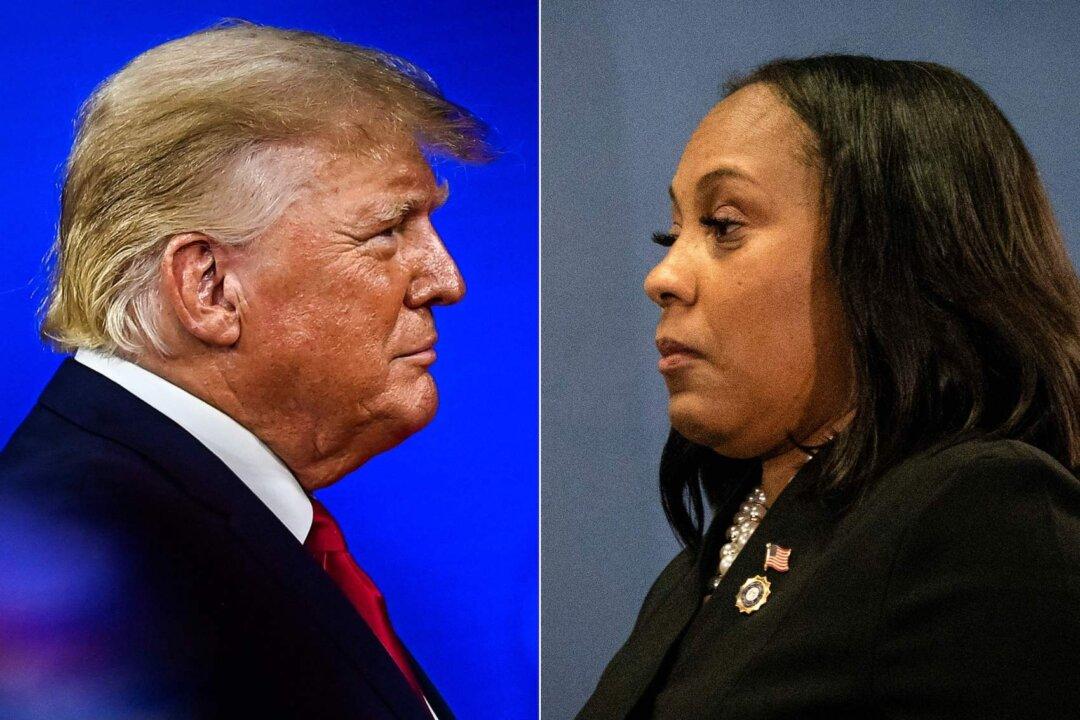Fulton County District Attorney Fani Willis, who is leading the prosecution of former President Donald Trump and 14 others in Georgia, has come under fire in recent weeks after several allegations were made about misappropriation of state funds used in the high-profile case.
An attorney representing Michael Roman, one of the 14 co-defendants, filed a motion on Jan. 8 to dismiss the case based on alleged “improper” behavior by prosecutors.





